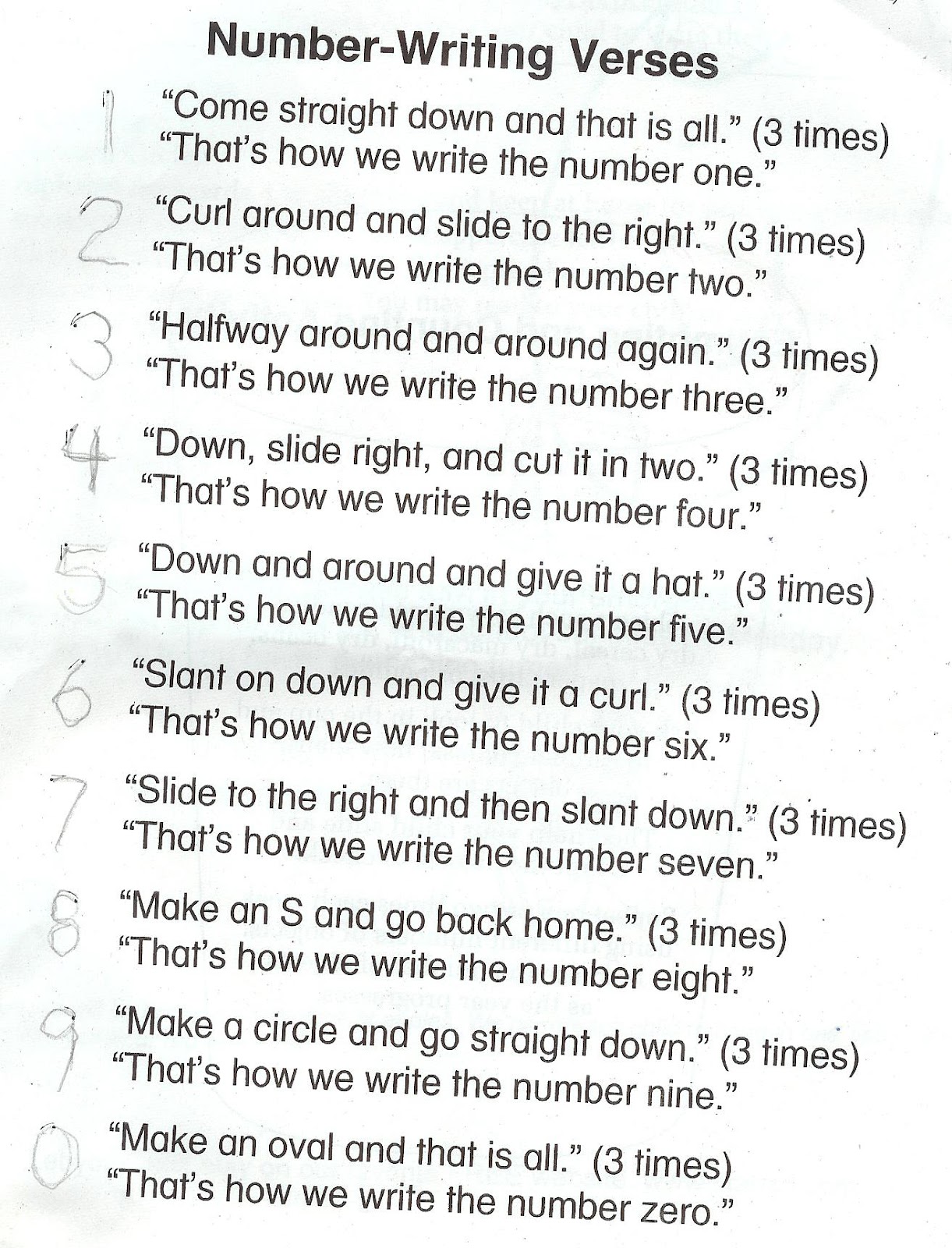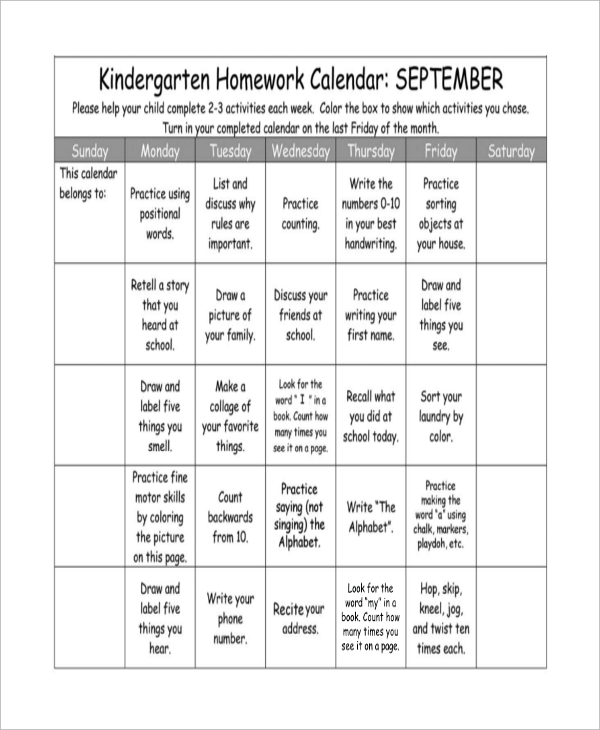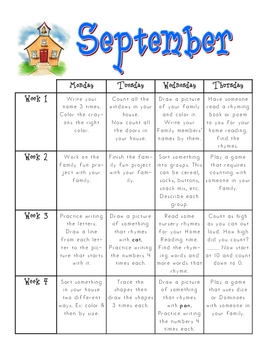
Create a “homework bag” to provide necessary materials.Why assign homework at all if it’s way too easy or way too hard? It may take a little time, but giving students slightly different homework can help maximize its effectiveness. Assign tasks at the right difficulty level.Games and scavenger hunts can get everyone in the family involved! Draw them on this paper” is more fun and engaging than a worksheet on the letter g! When possible, involve family members in completing the homework. Provide tasks that are meaningful. An assignment like “Find 4 things in your house that start with the letter g.(And don’t feel like you “have to” give homework every day…many kids have a long day at school already.) Check in periodically with students and parents to make sure that the homework isn’t taking too long. If you do send home a small weekly homework packet, make sure to educate parents about the importance of doing some each night (rather than all of it on Thursday night!). So their homework should be short, too! If I send home a task, I try for something that can be completed in about 5-10 minutes. Give assignments that are SUPER brief! Kindergarteners’ attention spans are short.Maybe for homework you request that parents read with their children for 10 minutes a night – and that’s it! Emphasize reading. It’s so valuable for kids to spend time reading with their parents.Okay, so what kind of homework is appropriate for Kindergarten? Here are some suggestions for designing positive homework experiences: What Appropriate Kindergarten Homework Looks Like Here’s an example of a simple homework task that sends this message: “Find 4 things in your house that start with the letter g. Homework can send kids the message that learning needn’t be restricted to school. When you assign kids meaningful homework that encourages them to interact with their families and home environment, this sends the message that learning happens everywhere – not just at school.Homework can provide students with additional practice and repetition. I don’t know about you, but my Kinders sure need a lot of repetition to master concepts! Having my students spend 5-10 minutes practicing something outside of school is an opportunity to get in some of that extra practice.By assigning meaningful homework that is relevant to what is going on in class, we can give parents a window into their children’s daily lives and learning. Homework can give parents an idea of what students are working on in class. Kindergarten was a long time ago for many parents! Kindergarten expectations have also changed greatly over the years.Homework is an opportunity for parents to show kids that they value education. When a parent (or other family member) sits down with a child to work on homework, that adult figure is telling the child, “Hey, this is important.But I do feel that a very small amount of Kindergarten homework can be valuable, particularly when the homework is reading. No, I don’t mean elaborate projects that their parents end up doing. No, I don’t mean 5 meaningless worksheets a night. I believe that Kindergarteners can benefit from a very small, purposeful amount of simple homework. Was it a waste of my time? Did I damage my students’ learning or home lives? Should Kindergarteners have homework at all?

But as a Kindergarten teacher, I did give out a very brief weekly homework packet. I’m a reading specialist, so I don’t assign homework in my current position.

I’ve found infographics on the absence of homework in other successful nations.Īll of this has made me question whether or not my students should have homework.

I’ve seen research on the ineffectiveness of homework.

Homework has become somewhat of a hot topic lately. I’ve read articles about schools adopting no-homework policies.


 0 kommentar(er)
0 kommentar(er)
